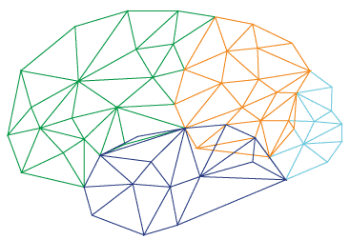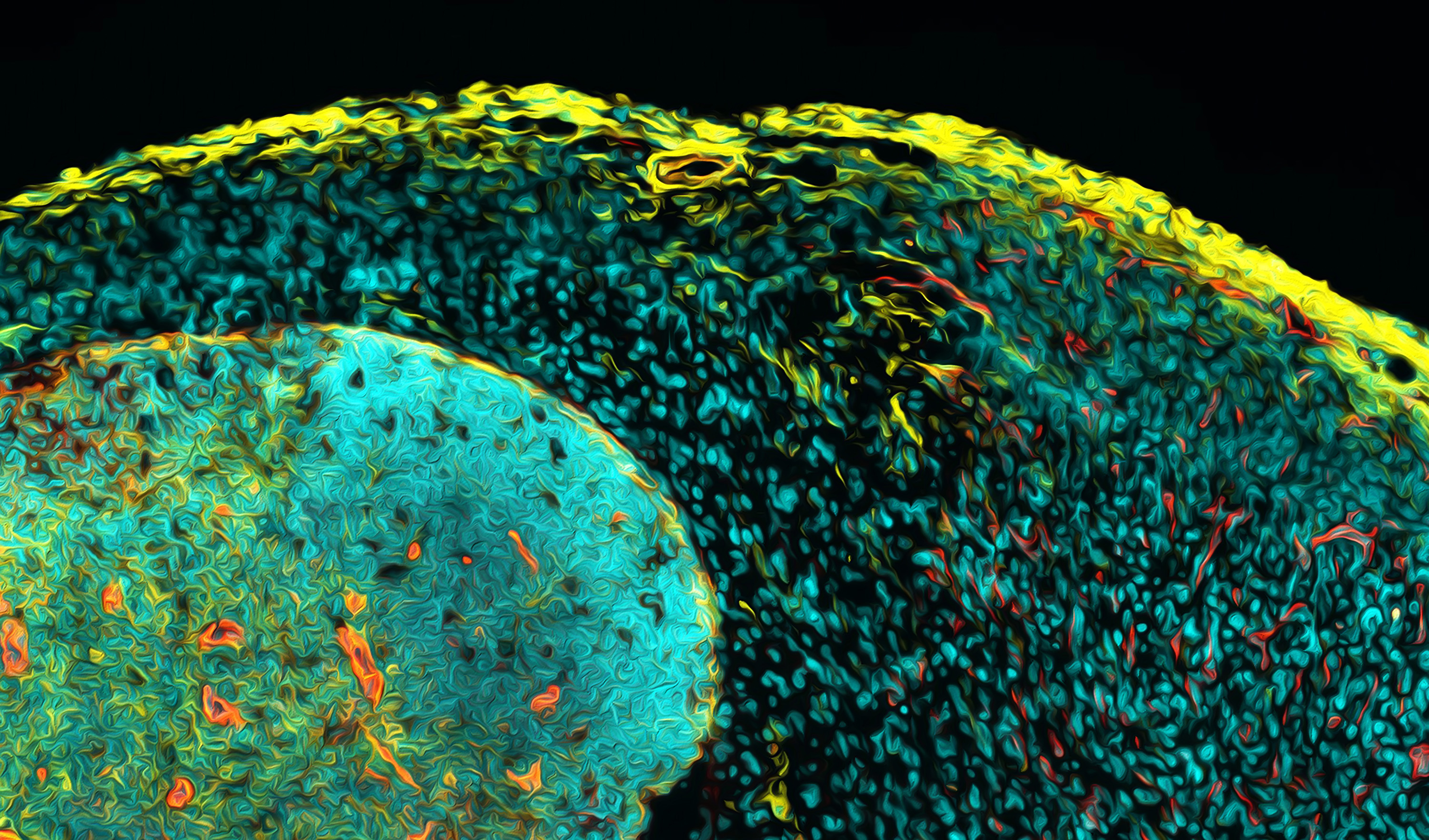Group leader Dr. Marc Thier
Chronically progressive neurodegenerative diseases are playing an increasing role in our modern society. Both demographic changes in our aging society and the application of much-needed radiation therapies against certain types of cancers contribute to the increasing numbers of these chronic progressive neurodegenerative diseases. As a rule, these diseases are not curable, are associated with a high degree of restriction for the individual and with a large, often long-lasting nursing and financial burden for society.

Our goal is to understand and open up new therapeutic options for this growing group of patients. To this end, we are developing regenerative cell replacement therapies that, unlike current pharmacotherapies, replace degenerated or no longer functional cells and tissues and causally and actively counteract the degeneration process.
For this purpose, we use stem cells, which we generate directly from patient tissue or blood by means of reprogramming. In addition to the generation of induced pluripotent cells (iPSCs), our laboratory has core expertise in the direct reprogramming of patient cells into neural stem cells (induced Neural Plate Border Stem Cells; iNBSCs). Compared to pluripotent stem cells, induced neural stem cells have the advantage of already originating from the target tissue they are to replace (nerve tissue) and thus have a more favorable safety profile, since the risk of teratoma formation (embryonic tumors) is eliminated. As a result, we expect a rapid and potentially safer application of cell replacement therapies directed towards a variety of different chronic neurodegenerative diseases.
Our laboratory has strong expertise in reprogramming techniques, neural progenitor culture, media development, molecular analysis of neural progenitor cells, and their derivatives at single cell level.
The focus of our research is on the following major topics:
- Disease modelling including Parkinson's disease and damage after radio-chemotherapies
- Development of cell replacement therapies with the prospect of clinical application.
- Generation and characterization of new neural progenitor cells
Our research will contribute to new, tolerable and potentially curative therapeutic approaches for the growing group of patients with neurodegenerative diseases, while answering some of the most fundamental questions in neural stem cell biology with regards to fate determination and differentiation.

